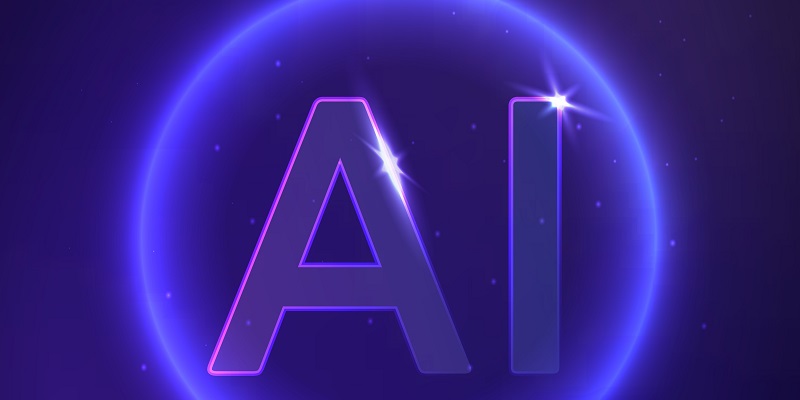The world of recruitment is undergoing a significant transformation with the rapid advance of Artificial Intelligence (AI) technologies. From streamlining administrative tasks to revolutionizing candidate screening, AI is revolutionizing how businesses find and attract talent. In this article, we will delve into the various types of AI used by businesses, examine the common AI technologies in recruiting, address concerns such as bias and learning models, and explore the benefits and potential of AI in the recruitment process.
Overview of different types of AI utilized by businesses
AI, in its various forms, is being harnessed by businesses to optimize their recruiting efforts. These include machine learning, natural language processing, and generative AI. Each technology brings unique capabilities to the recruitment table, enabling organizations to improve efficiency, accuracy, and candidate experience.
Explaining Common AI Technologies in Recruitment
Generative AI, machine learning, and natural language processing are essential components of AI systems utilized in the recruiting process. Generative AI enables the creation of original content, such as job descriptions and personalized correspondence. Machine learning algorithms analyze vast amounts of data, including candidate profiles, to identify patterns and make predictions. Natural language processing allows AI to understand and interpret human language, assisting in resume screening and candidate communication.
Concerns Regarding Bias in AI Systems and the Need for Careful Encoding
One of the most significant concerns surrounding AI in recruiting is the potential for bias, both unintentional and systemic. If biases are encoded into the AI algorithms, they may perpetuate discriminatory practices. It is crucial for organizations to actively address and mitigate bias during the development and training of AI systems. Careful encoding and regular algorithm auditing can help ensure fairness and diversity in the recruitment process.
The potential issues raised by learning models in the recruiting process
As AI systems learn from vast amounts of data, they can inadvertently replicate biases and discriminatory practices present in the datasets. This raises concerns about fairness and equity in candidate screening and selection. Organizations must regularly evaluate and update AI models to prevent inadvertent biases from affecting the recruitment process. Continuous monitoring and ethical evaluation are necessary to maintain a level playing field for all applicants.
The benefits of AI in automating transactional tasks
One of the significant advantages of AI in recruiting is its ability to automate transactional tasks that do not require subjective decision-making. AI-powered chatbots can handle initial applicant inquiries, schedule interviews, and provide status updates, freeing up recruiters’ time to focus on building relationships and making strategic decisions. Automation enhances efficiency, reduces costs, and improves the overall candidate experience.
Delivering Personalized Information to Candidates
AI can be a game-changer in delivering personalized and relevant information to candidates. By analyzing candidate data and preferences, AI can tailor job recommendations, provide insights about the company culture, and suggest career development opportunities. This personalized approach helps candidates make more informed decisions, resulting in higher applicant satisfaction and improved retention rates.
Gathering Information: AI as a Valuable Source
In addition to delivering information, AI can also be a valuable tool for gathering information. By capturing contact details and interests of potential candidates visiting a career site, AI enables organizations to build a rich talent pool. This data can be leveraged for future recruitment initiatives, allowing recruiters to proactively reach out to potential candidates when suitable opportunities arise.
Creating Candidate Pools: Harnessing AI’s Potential
Using AI to capture contact information and interests of visitors to a career site who are not yet ready to apply can create potential candidate pools. By nurturing these passive candidates with tailored content and targeted communication, organizations can establish relationships and cultivate a pipeline of top talent. When a suitable position opens, recruiters can engage these candidates, significantly reducing time-to-hire and improving the quality of hires.
Effective candidate screening through AI tools
Utilizing a good AI tool can drastically improve candidate screening processes. AI-powered algorithms can analyze resumes, assess skills, and match candidate profiles to job requirements. This enables recruiters to efficiently sift through large volumes of applications, saving time and effort. Furthermore, AI can automatically decline unqualified candidates, hold qualified but not top-tier candidates, and seamlessly schedule top-tier candidates for more engaging screening processes.
Artificial Intelligence (AI) is revolutionizing the recruiting process, enabling organizations to streamline administrative tasks, personalize candidate experiences, and make data-driven decisions. However, it is crucial to address concerns surrounding bias and continually evaluate AI models to ensure fairness and equity in recruitment practices. By harnessing the potential of AI, organizations can maximize efficiency, find the most qualified candidates, and create a positive candidate experience, ultimately driving business success in today’s highly competitive talent landscape.

